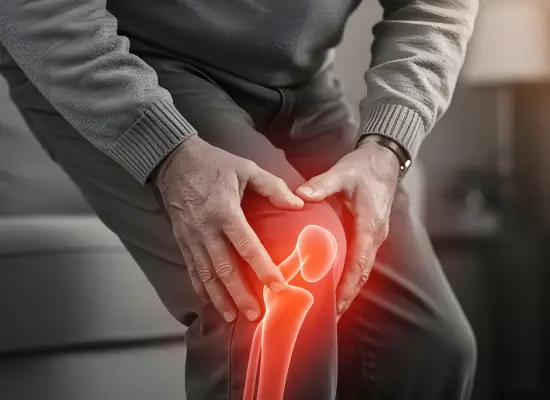You can do the following things to recover quickly after a total knee replacement:
- You can apply ice on your knee for 20 minutes daily to relieve pain and swelling.
- You can keep your knee elevated by using cushions or pillows while lying down or resting on a footstool while sitting.
- Change your dressing as prescribed by the surgeon to avoid infection. Also, ask when it is safe to take a shower or bathe.
- Your physiotherapist will suggest exercises to do after surgery. The physiotherapist will show you exercises to improve the strength of your muscles and prevent stiffness. You may have to work with the physical therapists for a few months to start moving safely.





























